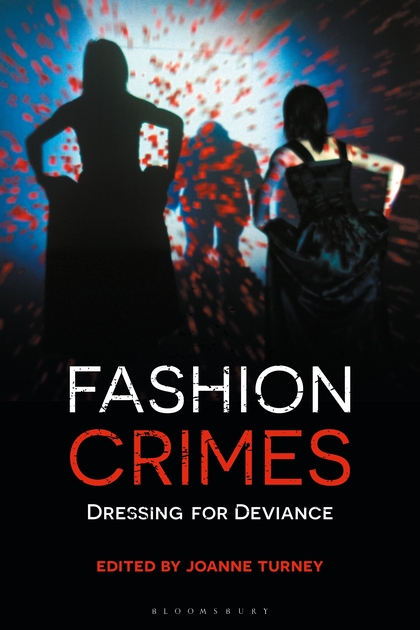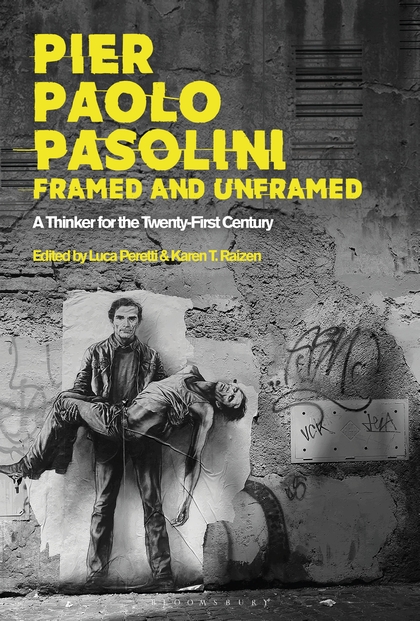Bloomsbury Publishing
Fashion Crimes: Dressing for Deviance
 The use of symbolism and coding in fashion and the implications as well as the perceptions it results in, is an interesting field that goes far beyond of what fashion stands for at face value.
The use of symbolism and coding in fashion and the implications as well as the perceptions it results in, is an interesting field that goes far beyond of what fashion stands for at face value.
With Fashion Crime: Dressing for Deviance author Joanne Turney has chosen an appropriate title as she explores the intersection of dress and criminal actions along with highlighting the media plays in sensationalising certain styles and stigmatises them, which again feeds back into the creation of new styles and flirting with stereotypes and clichés.
In a well-structured manner, the essays carry the argument forward and bases findings on case studies that have been conducted in a academically, interdisciplinary and methodologically sound manner.
Interdisciplinary in its approach and using a series of garments and group wearers as case studies, this edited collection explores the connection between fashion, gendered norms and criminality.
A book interesting for anyone using clothes as an expression of ideals in a world that becomes increasingly tokenistic and tribal and where the way you look has a tangible impact on societal behaviours and become a means of performative communication.
Pier Paolo Pasolini, Framed and Unframed: A Thinker for the Twenty-First Century
by Luca Peretti (Editor), Karen T. Raizen (Editor)
 The much fabled about and highly controversial director Pier Paolo Pasolini has left an impressive oeuvre, infused with his idiosyncratic outlook on the world, i.e. eroticism, Marxism and Catholicism.
The much fabled about and highly controversial director Pier Paolo Pasolini has left an impressive oeuvre, infused with his idiosyncratic outlook on the world, i.e. eroticism, Marxism and Catholicism.
What I like about the collection of essays is that they approach the protagonist in an objective and unprejudiced way and examine the man’s emissions with questions pertinent to the times we live in.
Thereby they add layers to his significance and offer new vistas on his time and trials that offer insights and appreciation going beyond the shock value of his movies that some might know him for.